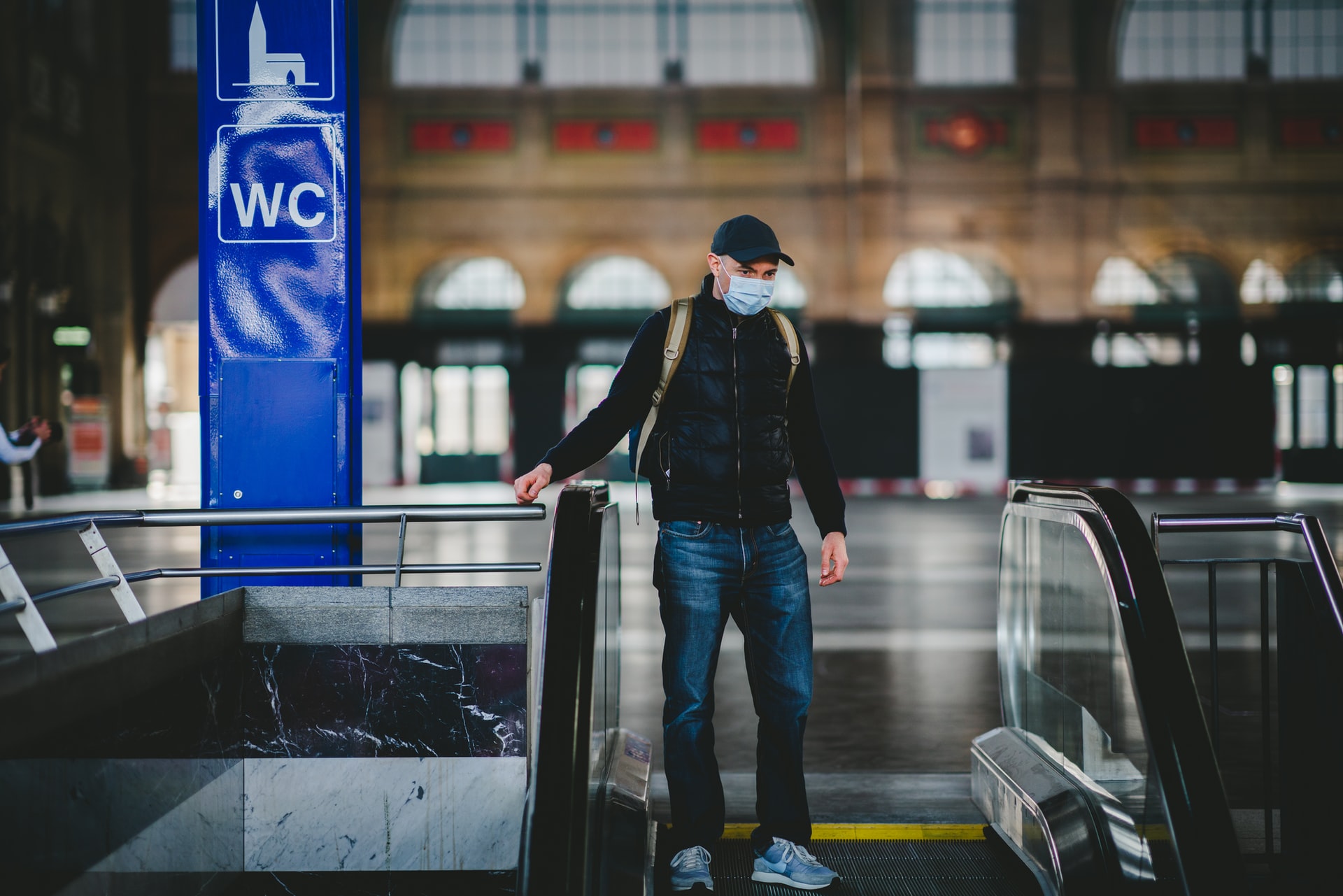The nationwide rules around wearing face masks on public transport at Alert Level 1 will remain in place permanently.
It comes as Auckland joins the rest of the nation at Alert Level 1 at midnight tonight. It’s been a week since the Alert Level went up in response to community cases of COVID-19 detected in South Auckland.
The SMC asked experts to comment.
Dr Joel Rindelaub, Aerosol Chemist, University of Auckland, comments:
“I support the move to require masks on public transit across the country. Public transport involves high-risk areas where distancing from people outside your bubble is not always possible, so it is a wise move to take a cautious approach. We have MIQ facilities across the country, so it would make sense to similarly require masks on public transit across the country.
“According to the latest data we have, widespread use of masks can help reduce SARS-CoV-2 transmission in the community, even if the masks themselves aren’t 100% effective. Wearing masks is particularly important in indoors areas where there is less air ventilation compared to outdoors. In fact, most super spreader events have happened in indoor environments. Thus, wearing masks is a very useful tool in places like public transport, where a small enclosed space with minimal air flow allows for the transfer of tiny aerosol droplets between passengers.
“Proper mask wearing is also important, especially remembering to cover the nose. Since the nasal cavity has many sites where we know the coronavirus likes to attack (ACE2 receptors), it may be a key area for infection and it could be related to loss of smell and taste that so many COVID-19 patients experience.”
No conflicts of interest
Professor Shaun Hendy, University of Auckland, comments:
“Aucklanders have all been on that roller coaster again with Ashley Bloomfield this last week, so today’s announcement that we can hop off for now will come as a relief for many.
“The week started with the announcement that there were new community cases with only a weak link to the border, much like the Auckland August cluster did.
“The whole genome sequencing then told us that there was no direct link to any known case at the border, but also that we were dealing with one of the new, more transmissible variants.
“However, a massive test and trace effort quickly contained the relatively small number of secondary cases and gave reassurance that we were not looking at the edges of a much larger cluster like the one we uncovered in August.
“Given that the cluster now appears well contained and there is no evidence of any larger cluster, it is appropriate that Auckland has moved to Alert Level 1. This case has shown us that we can’t be complacent – COVID-19 will continue to surprise us – but it also shows that when our community is vigilant and our systems are working well that we do have the measure of this virus.”
Conflict of interest statement: “Shaun Hendy leads Te Pūnaha Matatini’s COVID-19 modelling programme, which receives funding from MBIE’s Covid Innovation Fund and the Tertiary Education Commission.”
